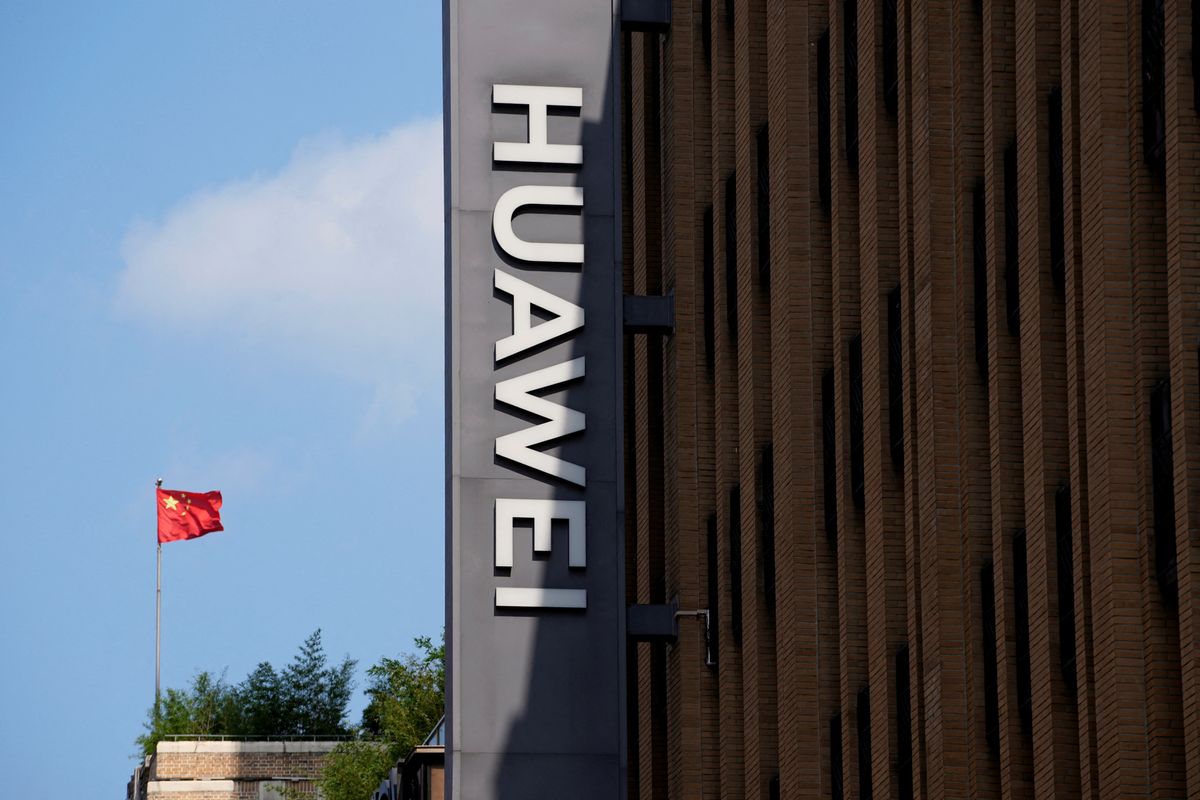Huawei's Ascend 910B is up for challenging Nvidia's A100
The US restrictions on Nvidia's advanced AI chips have potentially paved the way for Huawei to step into the spotlight.

A few minutes every morning is all you need.
Stay up to date on the world's Headlines and Human Stories. It's fun, it's factual, it's fluff-free.
The backstory: OpenAI introduced ChatGPT last year, which stirred the artificial intelligence (AI) landscape, catching the attention of tech heavyweights like Google, Microsoft and others, setting off a new wave of AI competition. Then, there’s Huawei, the Chinese tech giant that has been in the AI game since 2018, when it developed the Ascend 910 chip. This chip was a big deal – it was powerful and energy-efficient, potentially rivaling Nvidia, a tech legend known for its graphics processing units (GPUs).
Nvidia, on the other hand, is known for its advanced chips, initially designed for gaming but later essential for AI model training. Tech giants like Amazon, Alphabet, Meta and Microsoft have all recently jumped on the Nvidia bandwagon, propelling its market value to over US$1 trillion.
More recently: Tensions have been brewing between the US and China, especially on the tech front. Last year, the US imposed restrictions on selling advanced chip tech to Chinese companies, impacting Nvidia, as a significant chunk of its revenue came from China (up to 25%). To work around this, Nvidia created special chips, the A800 and H800, tailored for the Chinese market.
But the US introduced new export restrictions last month, specifically targeting cutting-edge chips and tools. Nvidia said that these restrictions would affect those specially-developed chips and others and could affect its ability to complete the development of new products on time.
The development: The US restrictions on Nvidia's advanced AI chips have potentially paved the way for Huawei to step into the spotlight. According to sources cited by Reuters, the company has gotten a big AI chip order from Baidu, one of China's tech giants competing in the industry.
Huawei, known for its telecom and smartphone businesses, has an upcoming chip called the Ascend 910B, which seems like it could challenge Nvidia's A100. Although it hasn't officially hit the market, it's been generating a lot of interest from Chinese companies and academics. In August, Huawei joined forces with iFlyTek, a major Chinese AI company, to leverage the power of the Ascend 910B. As for Baidu, it made headlines by placing a big order for 1,600 of these chips in August, according to insiders.
Key comments:
“The US needs to stop politicizing and weaponizing trade and tech issues and stop destabilizing global industrial and supply chains,” China's foreign ministry spokesperson Mao Ning told a press briefing last month. “We will closely follow the developments and firmly safeguard our rights and interests.”
“There will be pressure on the U.S. to reconsider its export controls strategy, which was based on the assumption that controls would prevent Chinese companies from producing advanced-edge chips, while the business-as-usual approach would continue at the trailing-edge nodes. It is increasingly becoming clear that this distinction doesn’t work in reality,” said Pranay Kotasthane, deputy director of the Takshashila Institution.
"We are trying to use every single tool at our disposal to deny the Chinese the ability to advance their technology in ways that can hurt us," said US Commerce Secretary Gina Raimondo in September.




Comments ()